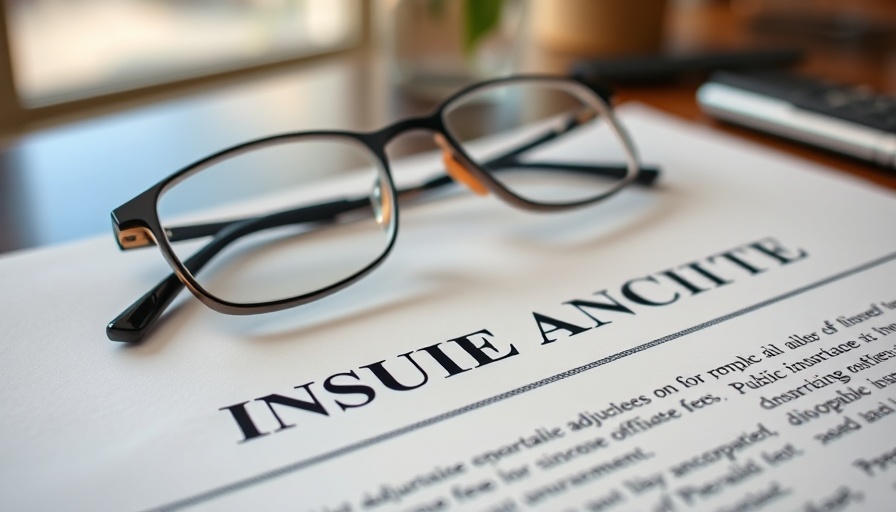
The Complex Landscape of Claims Adjustment Costs
Navigating the world of insurance claims can often feel overwhelming, especially for South Carolina residents facing property damage. One essential aspect is the definition of "claims adjustment expenses" and how it may or may not include costs associated with hiring public adjusters. Understanding this nuanced topic is crucial not only for getting fair compensation but also for knowing your rights as a policyholder.
Historical Context: The CSX Case
To illustrate the complexities involved in claims adjustment expenses, we can look at a landmark case involving CSX Corporation following Hurricane Katrina. CSX sought reimbursement from its insurers for substantial expenses incurred while preparing its damage claims. Among these expenses was nearly $2 million paid to PricewaterhouseCoopers (PwC) for data analysis and support in filing their claim.
The legal debate centered around whether these costs qualified as "claims adjustment expenses." CSX contended that the scope of their insurance policy included any necessary expenses surrounding the adjustment process, thereby suggesting that PwC's work was integral. In stark contrast, the insurers argued that expenses tied to preparing claims were the policyholder's responsibility unless specifically stated otherwise in the policy, a distinction crucial in understanding public adjuster fees.
What a Public Adjuster Can Do for You
Public adjusters play a pivotal role for policyholders. Defined in Florida law, they are empowered to act on behalf of insured individuals, making their services distinct from those of adjusters hired by insurers. This unique role is vital, especially when fighting against common tactics employed by insurance companies to minimize payouts.
Choosing to work with a public adjuster can alleviate some burdens, as they understand the intricacies of claims processes and can advocate effectively for you. They typically handle the claim from start to finish, offering essential support that could lead to a more favorable resolution.
The Legal Framework and Your Rights
South Carolina law provides certain protections for policyholders, but navigating them requires awareness. It’s crucial to understand that public adjuster fees might not be covered as “claims adjustment expenses” under your policy. The distinction made in the CSX case reinforces the need to meticulously review your insurance contract. Being well-informed helps to combat bad faith insurance practices, where companies may seek to deny claims without sufficient grounds.
In South Carolina, policyholders are encouraged to scrutinize the terms of their claims process. If denied, knowing how to fight a denied claim effectively can empower you. In many cases, insurance companies engage in tactics that stall or reduce payouts — tactics you need to be aware of.
Implications of Insurance Company Tactics
One of the most detrimental tactics employed by insurance companies is the delay in settlements. These delays can culminate in substantial financial strain for property owners. Understanding how these delays operate allows policyholders to anticipate issues and remain proactive.
Awareness of your rights also means recognizing unjust practices aimed at reducing payouts. For instance, underreporting damages or attributing insured perils to events not covered by your policy are common strategies that insurers may use. Knowing how to counter these tactics is vital for protecting your interests.
Final Thoughts: Protecting Your Rights
With the intricacies of claims adjustment expenses and how public adjuster fees are classified, being informed is your first line of defense against unfair practices. Monitor any communication with your insurance provider and document everything, as this information can be crucial if a dispute arises.
In conclusion, equip yourself with knowledge concerning your rights and the necessary steps to take if faced with a denied claim. Stay engaged and vigilant to protect yourself from potential pitfalls.
 Add Row
Add Row  Add
Add 




Write A Comment